Out this weekend, Tomorrow is a profound drama that focuses in on a veteran struggling from PTSD. Played by Sebastian Street, Tesla finds solace in new friend Sky, played by Stuart Brennan, who is also going through many problems of his own. The aforementioned duo were also on screenwriting duties, and to celebrate the film’s release we head to the a boozy tea room (its actual name) at a casino in central London, to discuss this project that is so close to the hearts of these two men. We speak about director Martha Pinson, and of course on the incredible involvement of the one and only Martin Scorsese. They also discuss their research into PTSD and HIV, and how they managed to lure in Stephen Fry, who appears in a small cameo role in this affecting piece of cinema.
Where did this idea come from?
Sebastian Street: Basically we had friends who were involved in every aspect of the context of the film. Two military friends, one of which was the sole survivor of a helicopter crash and he’s paraplegic and carries a lot of survivor’s guilt, and that educated the backstory of Tesla, and there’s another fella who became our military advisor and he was n Afghanistan and very sadly saw his very closest friend die in front of him.
How did Martha come to be involved? And I guess when you’ve written something you’re naturally quite protective over it – was it hard to let go of your story and leave it in the hands of somebody else?
Stuart Brennan: Giving it away is kind of horrible and kind of exciting. You obviously want your baby to grow into a child and keep growing and hopefully grow wings and fly somewhere, but at that very early stage you really have to find somebody that you trust. With Martha we decided almost immediately after finishing the screenplay that we wanted a female director, because we both felt that the female characters in the script needed a bit more development, and we wanted a female voice to bring balance to these four or five stories in there. Martha has met one of the other producers at a film festival, and I met her as well, and we stayed in touch. We sent her the script for two reasons. One, she’d done an incredible short film and we were excited about her as a director. But as Martin Scorsese’s script supervisor for over 20 years, she’s worked with all the top directors, from Oliver Stone to Sidney Lumet to Marty, and we just thought; whatever insight she’s going to have, it’s going to be valuable, and we weren’t disappointed.
Street: There were moments that were hard because there were parts of the script that were changed and that’s not necessarily a bad thing but it is hard to let go of things you think are great ideas, but the value of somebody else’s perspective is also a blessing. It’s give and take and it becomes a baby that is more than just mine and Stuart’s and becomes a completely collaborative process and then we can be pleasantly surprised by some of the ideas that come from somebody else.
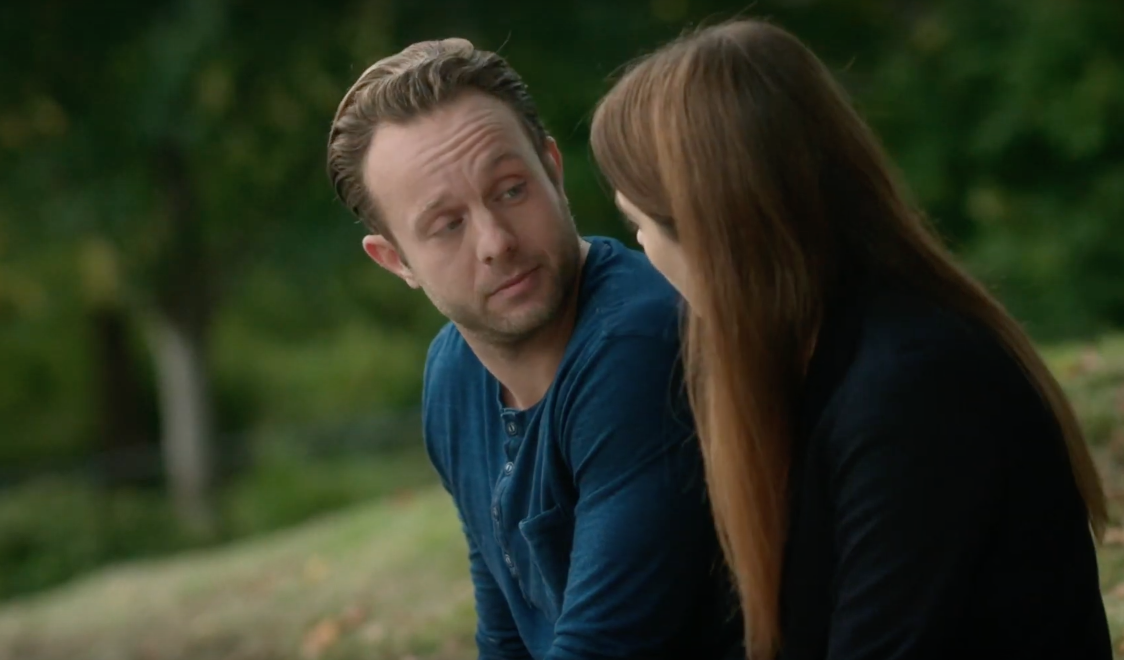
What’s the process like when writing as a duo? I have this idea there’s two people in a dark room, cigar smoke filling the air, and loads of discarded, torn out pages around a small paper bin. But what’s it really like? Would you write together, or go off and do bits separately and send them to each other?
Brennan: We worked very closely together on the story, and we’d throw that around a lot together, and we’d hang out a lot together when doing that. I just moved to London and Sebastian was very kind in showing me around and introducing me to the city to make friends and things, and I would go away and I’d write up some of these things and I’d start throwing him some pages of a script and then we’d bounce it around together. Essentially it was a case of myself doing the typing if you like, and the two of us putting our heads together to refine it. The beautiful thing about that is that when you have somebody to bounce ideas off as a writer you can be brutally honest with each other, and when something ins’t working, you’re not just dwelling on it for months and months, you actually have fiery conversations.
Street: This is the thing that is so lovely about our collaborative process is that we will battle over stuff but it never meant anything more than us battling about work, our friendship has in fact got stronger through that trust, that we can argue and have a difference of opinions but at the end of the day we’ll come to some sort of resolution and there’s no love lost.
So how did you guys meet?
Street: I came to watch a screening Stuart’s film Risen, which is a story about a boxer from Wales. I watched the film, and I’d be mulling over my CV which was full of British gangster movies and genre movies and I realised it wasn’t what represented me. As an actor you take what you’re offered but then over time I suddenly thought that maybe that wasn’t the right approach. Then I saw Stuart’s film and I saw the heart and the soul of it, and I approached him and told him I loved what it is he’s trying to do with the movies he’s making, and that I wanted to be making those sort of movies too, so we discussed it and decided to work together and develop something that suited our now aligned objectives of what movie making should be.
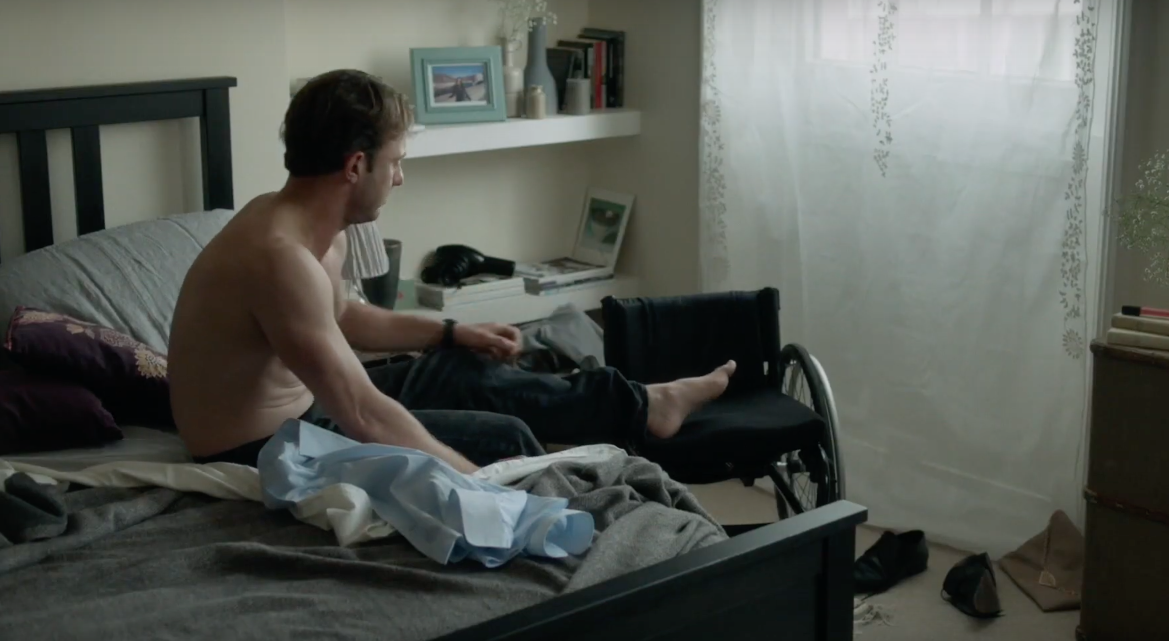
So you’ve mentioned Martin Scorsese who has an executive producer credit – how important is it for a movie like this to have someone’s name like that attached to it? And how grateful are you that he was willing to do that?
Brennan: I think grateful is an understatement. We are humbled. Scorsese is a name that is synonymous with not just quality, or great, but epic cinema.
He’s the king.
Street: That’s the thing, he is.
Brennan: Yeah for him to read our script and say ‘yeah I like it, it’s good, i’m backing you’. My God – that’s a career high right there.
Street: And we were the first UK independent production to ever have him attached. How did that happen?! It gave us the confidence and the drive to really keep going because it was a long road.
Brennan: And pursue quality at every step, because we were being backed as writers and producers and actors.
Street: We had this moment in his living room, with big walls and gold frames that should have oil paintings in them but they were 1920s movie posters, and a clockwork animatronic doll from Hugo behind us on the sofa. He started suggesting big a-list actors for our roles, and we knew what our remit was, we looked at each other across the sitting room and we knew what it was we were going to say, and we did: this was our Good Will Hunting, we wrote it to play the roles. It seemed like a lot longer, there was a palpable beat before he responded, but when he did he said, ‘okay’. He agreed to cast some big people around us and maybe we had to be more modest with the budget, we didn’t have Tom Hardy. But he supported us and we wouldn’t have been able to do it without that support.
Brennan: For somebody who has never been to film school, or drama school, I taught myself everything I know about filmmaking from watching DVD extras, that’s all I did at university, just watching them over and over again. I watched the one on Taxi Driver and it’s how I learnt how to edit films, and then when we went to his house they were there editing Wolf of Wall Street, and I was like, this has gone full circle. We’re humbled by it, and it really pressured us and pushed us to strive for quality at every stage. That’s why the film took a whole to produce because we never wanted anything that was just okay, it had to be worthy of his name.
Street: There’s this thing you hear about having talent, time and money as the three main things you need, and you always need at least two of them. We didn’t have the hugest amount of money, so it had to be talent and time. We over-invested in time, and how we got where we’ve got.
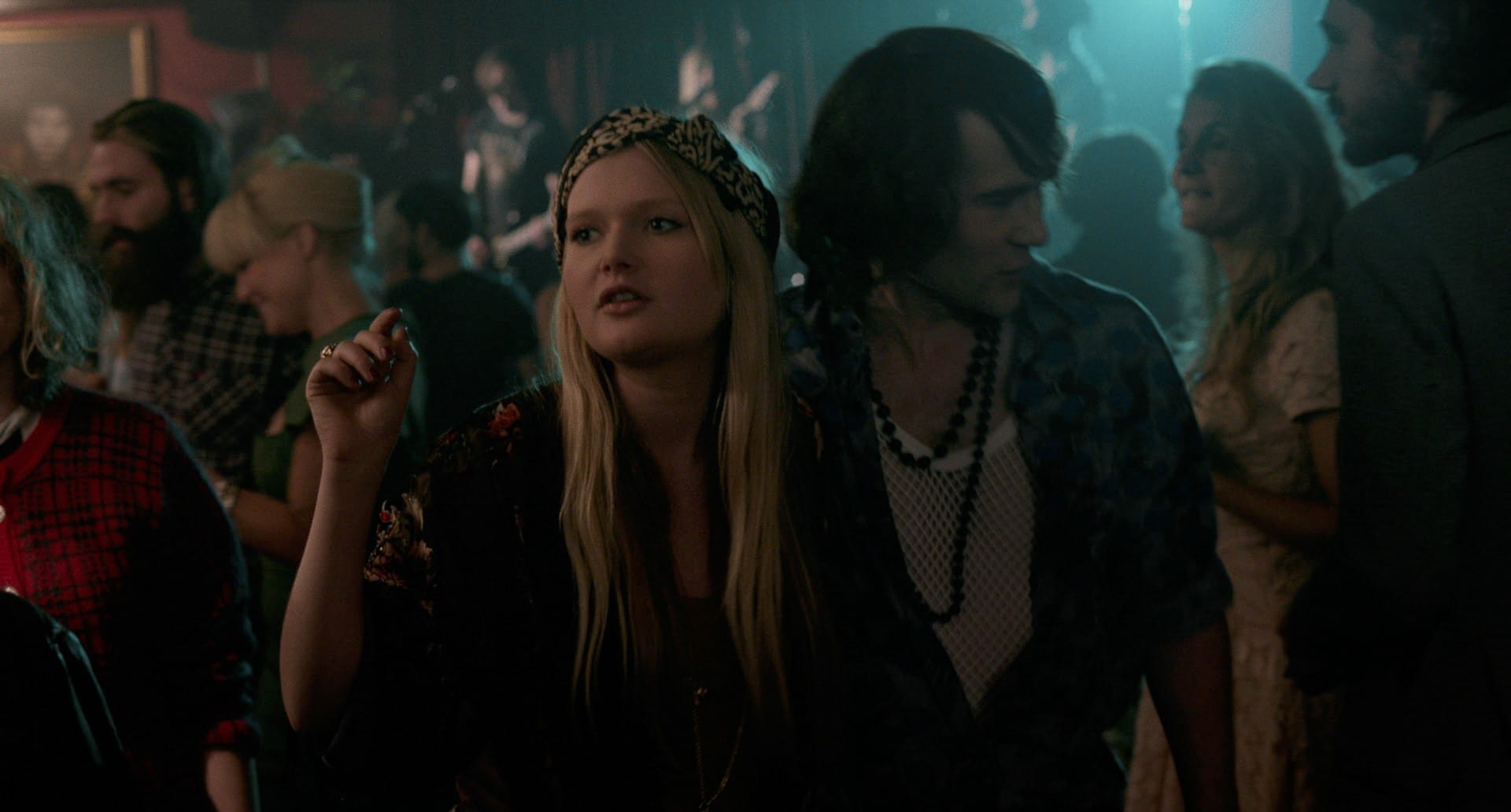
You’ve even got Stephen Fry in there in an acting role which is such a rarity. How did that come about?
Street: I’d met him once before, and so I wrote an email to his agent and I personalised it and I told him about the script and the role, but we knew it wasn’t a big role for him. And his response was instant, and he said that yes, he’d love to do it and represent these issues, so thank goodness.
He’s very funny and very witty – as is Paul Kaye. Given the film is dealing with quite heavy themes, how essential was it having people like that around on set for moments of light relief?
Street: I had a lot of fun with Paul Kaye. He’s a lovely, lovely man. That was an absolute joy. Once again, what a huge blessing. We’re filled with many blessings.
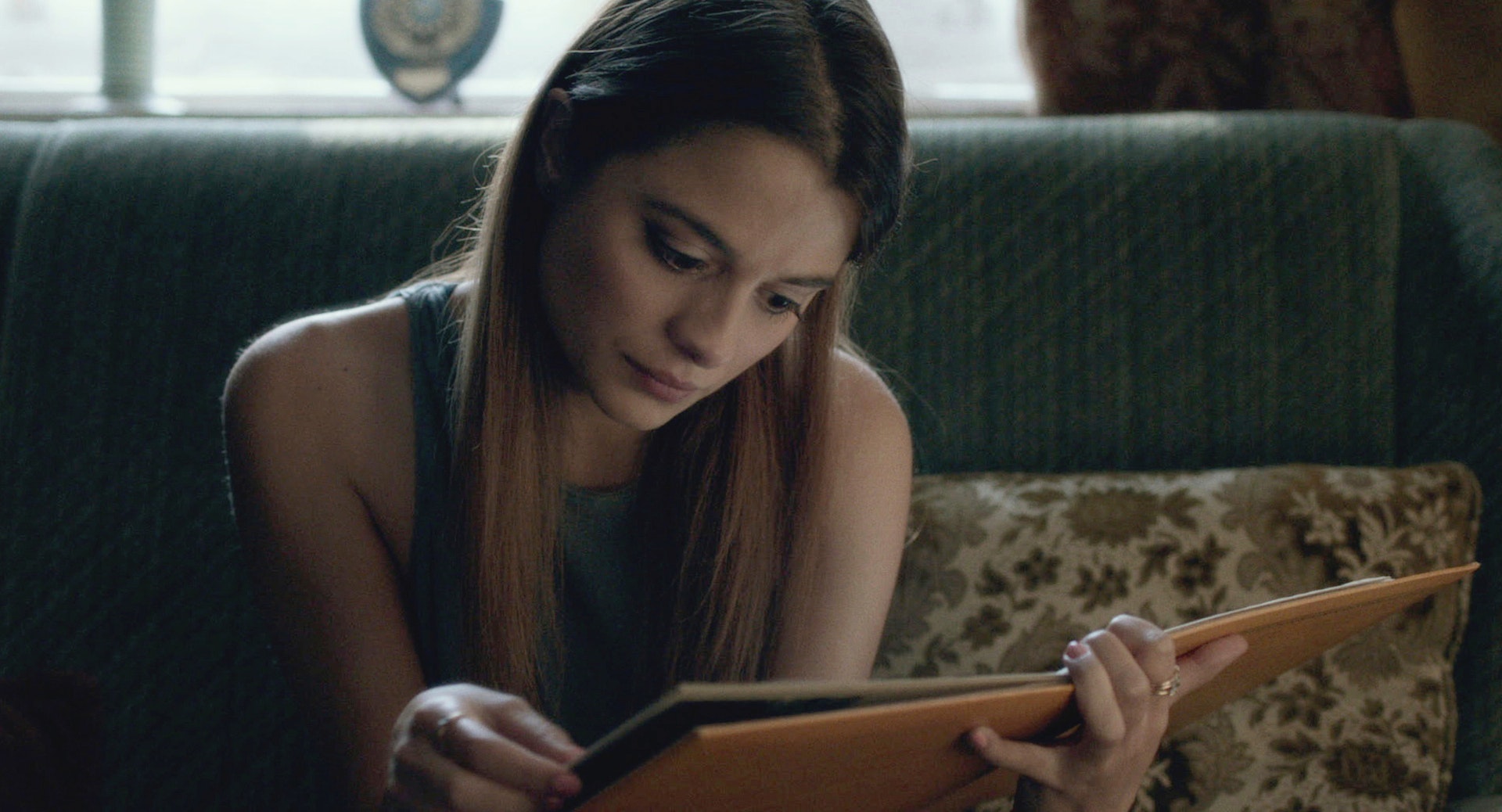
When dealing with themes such as HIV and PTSD – they affect people so much in real life, and so you have to be so delicate when exploring them on film. How did you go about researching those issues?
Brennan: We sat down with a number of PTSD support groups and we sat in and listened to these veteran’s stories and the journey’s they’d been through, and we always readdressed the script. The same with HIV.
Street: You spend your time talking to people and you get a certain amount of information, but the nuance of the subtext comes from us building closer relationships with some of those people, and we had that, which was another huge blessing.
Do you think in the UK we do enough for veterans?
Brennan: No, absolutely not. There is so much more that could be done. Johnny Mercer has just been given 5 million from the UK government which is great, and it’s a start, but it’s not enough. We are sending these men and women out to protect us, support us and be there for us, where we don’t want to be, and then we’re not protecting them when they come home. There are some wonderful charities out there doing incredible work and they need more support, and I think we can all do more. We need to be more aware and understand more, and that’s something we’re striving to do with the film, to help increase the conversation around these topics. We certainly don’t have all the answers, and we’re not saying we do, but we are a starting point for the conversation.
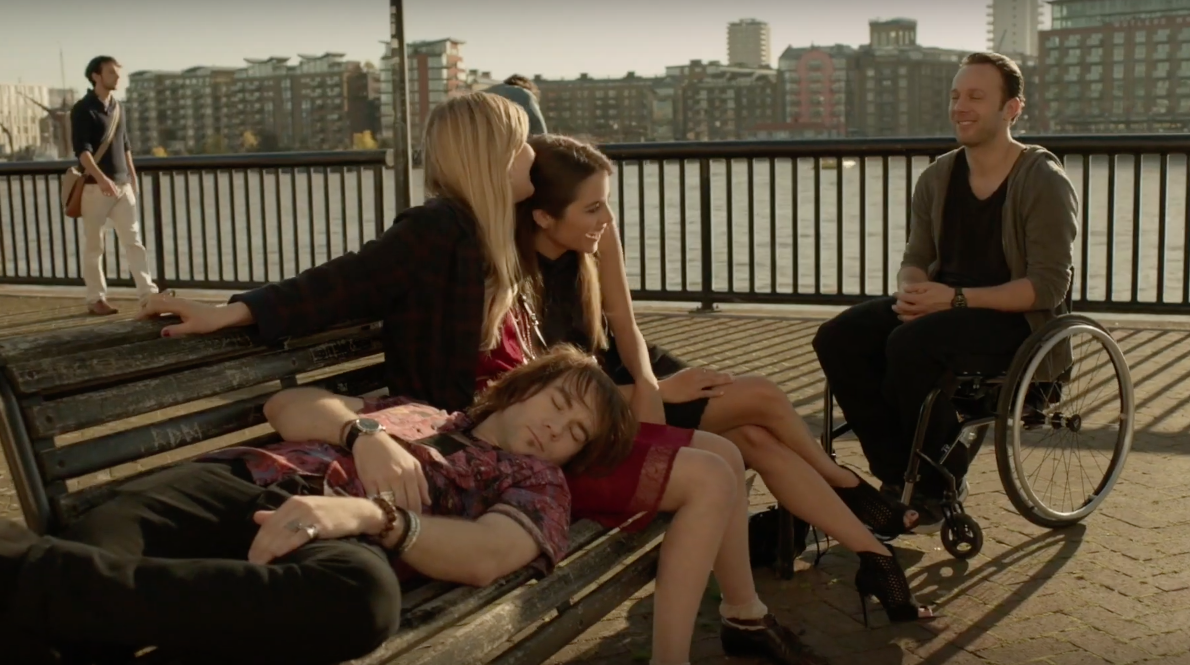
How was it using a wheelchair, Sebastian? There’s a scene where you have to go up some stairs, and that looked really tough.
Street: Yeah it was tough. It’s quite an extreme thing for somebody in a wheelchair to be able to do, but we saw people do it and thought it was so cool, and nobody has ever done it in a film before, so we had to do it. But it took a very long time to be able to do it, and I was training on and off for about six months in a wheelchair to get really comfortable. But when practising going up the stairs, about two weeks before shooting I rang up Stuart to say I can’t do it, and he said no. Literally the week before I found the technique, it wasn’t strength which I thought it was, it’s a balancing technique. And thank God I did. Martha filmed it, I did a few takes and the one take where I mess it up and almost fall down the stairs, is the one she kept.
You could tell this was a film that was a real labour of love. I know everyone says that, but in this case, it felt especially true?
Street: I’m really glad that you noticed that. But it had to be a labour of love. It took so long, that nobody would’ve got there, or persevered that far unless they were invested in it. To invest everything into something, you need to love it.
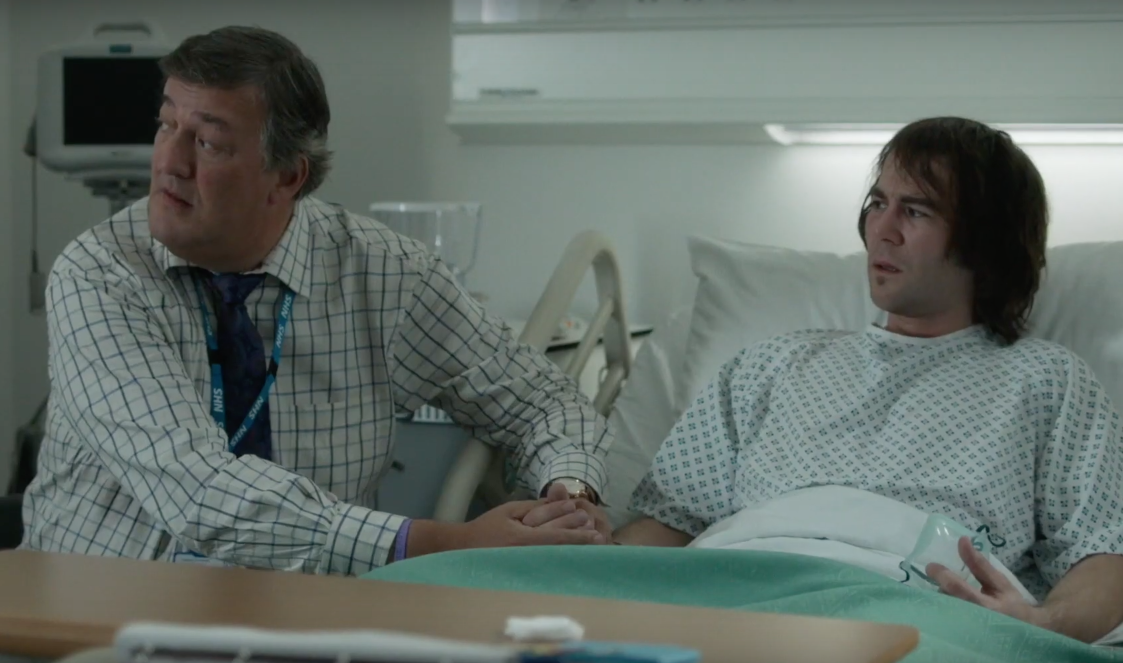
When dealing with protagonists who show such inner strength and perseverance, does that rub off and filter into the whole crew?
Street: I think the narrative of the story, the behaviour of the people playing the roles and the ethos of the director is insidious to everything around you. When I say insidious, I mean it in a positive way! That courage and absolute commitment is essential.
So finally, what’s next for you both?
Brennan: I just had a movie called Wolf out in the cinemas a couple of weeks ago and now I have a movie called Kingslayer coming up which is about Richard the Lionheart, so it’s a wonderful, exciting movie about Richard before he becomes king.
Street: I have got a high school shooting movie, set in the US obviously, and I’m working on a project about the red rhino poachers in Zimbabwe, so yeah lots of great stuff.
And not a British gangster movie in sight.
Street: Yep, and no zombie movies!


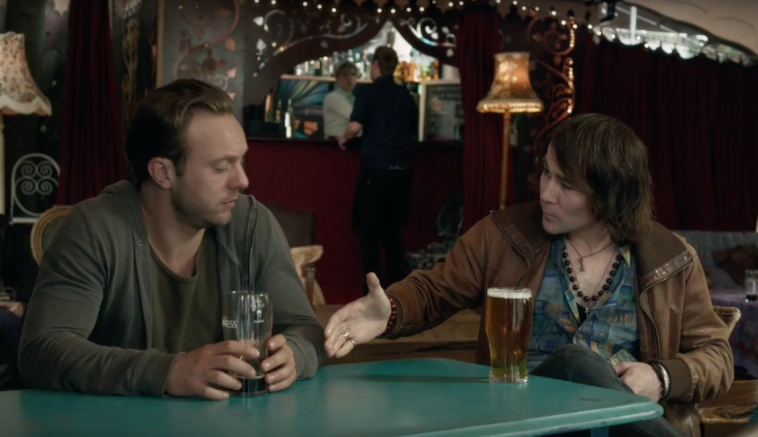


















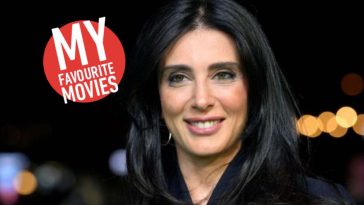






Leave a Comment